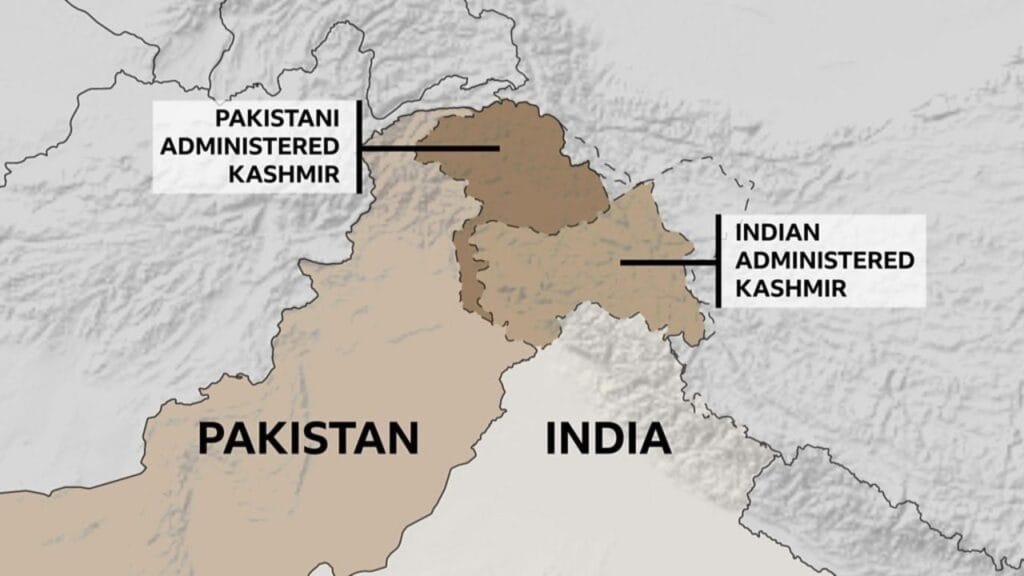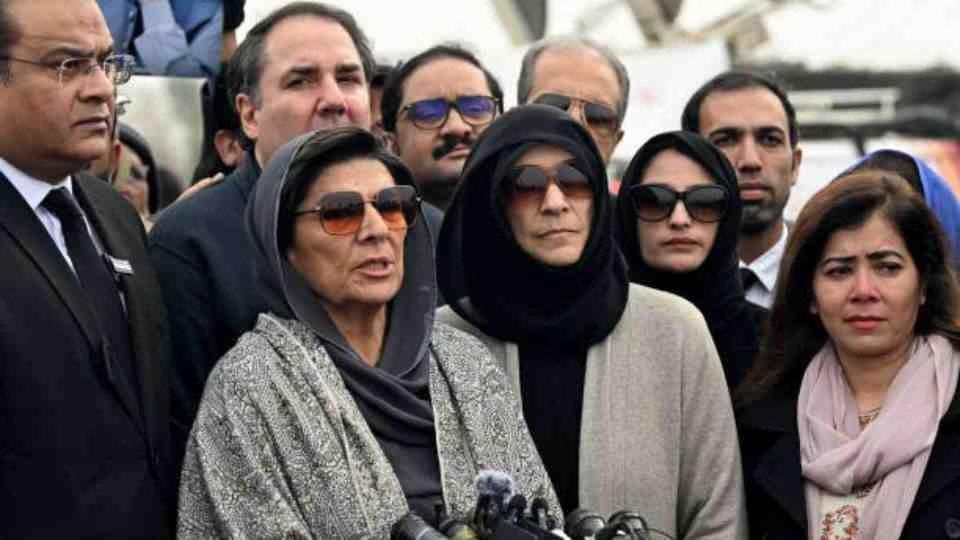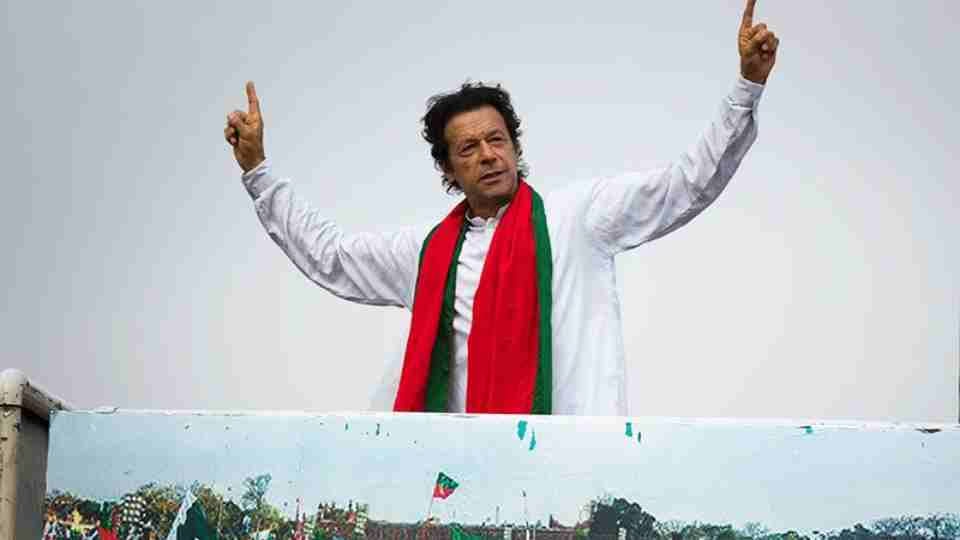The concerns over India potentially granting statehood to Jammu while maintaining Kashmir as a Union Territory are deeply rooted in the historical context of the region and the actions taken by the Indian government since 2019. Here’s a breakdown of the key issues:
The Abrogation of Article 370 and its Aftermath
On August 5, 2019, the Indian government revoked Article 370 of its constitution, which had given special status and a degree of autonomy to Jammu and Kashmir. The state was then bifurcated into two Union Territories: Jammu and Kashmir, and Ladakh. The rationale given by the Indian government was to fully integrate the region with the rest of India and foster development, stability, and an end to separatism.
However, a major consequence of this move was the removal of Article 35A, which had been in place to protect the region’s demography by restricting property ownership and government jobs to “permanent residents” of the state.
The Demographic Concerns and “Settler Colonialism” Allegations
Since the abrogation of Article 370 and 35A, critics have voiced serious concerns about a deliberate policy to alter the demographics of the Muslim-majority Kashmir Valley.
- Domicile Laws: The Indian government has introduced new domicile laws that allow people from other parts of India to become residents of Jammu and Kashmir. The criteria for this are quite broad, including living in the region for 15 years, studying there for 7 years, or the children of central government employees who have served there for 10 years.
- Land Ownership: The new laws also allow non-residents to buy land in the Union Territory, a right previously exclusive to locals. This has raised fears that the influx of people from other Indian states could dilute the Kashmiri population and eventually turn them into a minority in their own homeland.
- “Settler Colonies”: Critics, particularly in Pakistan and among Kashmiri separatist groups, have accused India of a “settler colonialism” policy similar to that seen in other conflict zones, such as the Israeli occupation of Palestine. The fear is that the new laws are designed to create a Hindu-majority region that would solidify India’s control and influence any future plebiscite or political decision-making process.
The Proposed Division of Jammu and Kashmir
The current reports suggest that the Indian government may be considering granting statehood to the Jammu region, which is predominantly Hindu, while keeping the Kashmir Valley as a Union Territory. This potential move is viewed with alarm for several reasons:
- Political Disenfranchisement: Maintaining Kashmir as a Union Territory would mean it continues to be under the direct control of the central government in New Delhi, limiting the self-governance and democratic rights of the Kashmiri people.
- Fueling Separatism: Such a division could further intensify feelings of alienation and injustice in the Kashmir Valley, potentially fueling new waves of insurgency and unrest.






